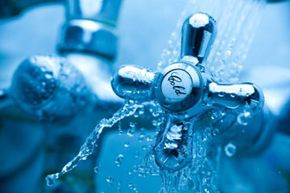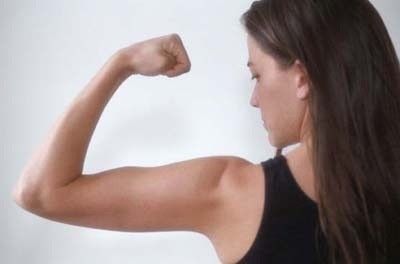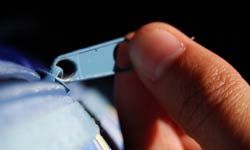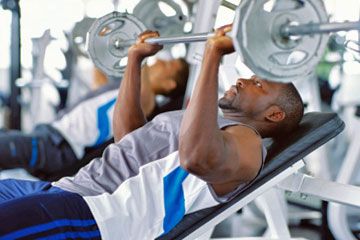Maybe you work out daily. Or maybe you only exercise a few times a week, despite your good intentions. We're not here to talk about how often you ought to be exercising -- by the way, that's 2.5 hours of moderate activity every week. We're here to talk about the one thing you likely have in common with almost every other athlete. Whatever fitness level you currently find yourself in, one thing's for sure: You're probably going to want a shower after that workout.
When you're working out, your heart increases how much oxygen-rich blood it pumps to your muscles. You do warm-up exercises to get your body ready for the physiological stress exercise can induce, and you should always make time after your workout for cooling down. Similar to how you eased your body into exercise with a warm up, just five to 10 minutes of low-intensity exercise can help reduce that light-headed feeling and help your muscles recover more rapidly. When you suddenly stop your activity, blood pools in your muscles instead of flowing back to your heart. That's the point of cooling down.
Advertisement
And after your cool-down? Most of us jump in the shower to relieve muscle and joint aches, and no one will argue that a nice, steamy-hot shower feels great on tired muscles. That post-workout shower also helps to wash sweat and bacteria off your skin. A cold shower, however, is a different story, with a different outcome.
Let's look at what the cold can do.
Advertisement



